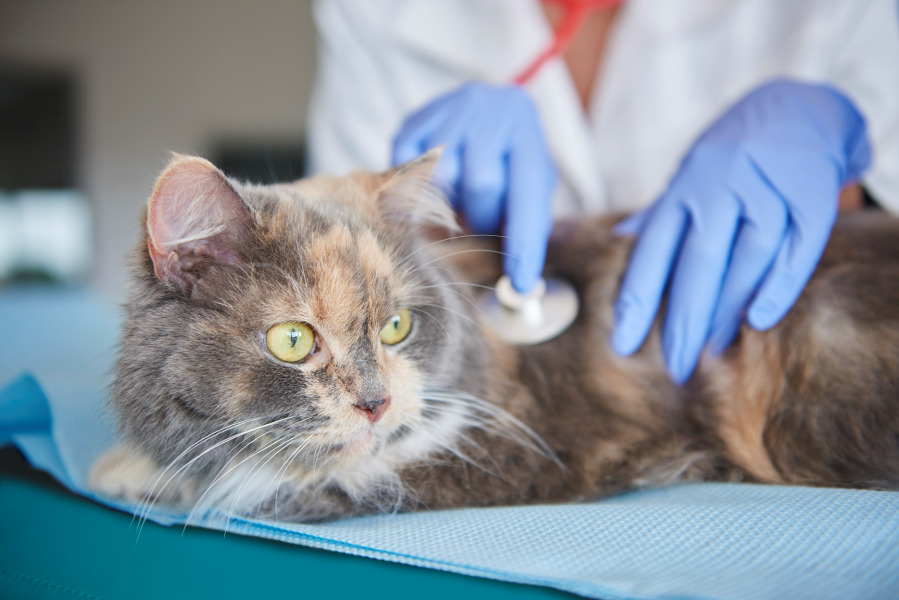How to help your pet if they are experiencing a health emergency

In the spring, the Prince Edward Island government projected that the Island would see more than 1.2 million visitors over the 2022 tourist season. This weekend, it’s expected that approximately 25,000 visitors per day will congregate in Cavendish alone. With human tourists, we also see an increase of furry family members enjoying the campgrounds and beaches.
But illness does not go on vacation and accidents happen every day. As a pet owner, it can be very scary when your animal is sick or appears to be in crisis. This fear can be compounded if you’re away from home and your regular veterinarian.
“Just like human healthcare, veterinary clinics and hospitals across the country have reached a breaking point with high caseloads and staffing shortages due to COVID-19,” explains Dr. Heather Gunn-McQuillan, assistant dean of clinical and professional programming, Atlantic Veterinary College (AVC), University of Prince Edward Island. “No veterinarian wants to compromise patient care so it’s important to be aware of the proper steps to take when your pet appears to be in crisis and needs emergency veterinary care."
Unfortunately, our pets cannot talk to us and tell us when something is urgently wrong with their health. So, it’s important to be aware of signs that your pet might need immediate medical attention. Before arriving at or calling an emergency veterinary service or vet clinic, first assess your pet for the following signs that could indicate emergency veterinary care is needed:
- Difficulty breathing or passing urine or feces
- Frequent vomiting and diarrhea (multiple times within two hours)
- Collapsing/fainting or change in consciousness (e.g. seizures)
- Trauma causing large skin cuts and/or blood loss, substantial swelling and/or loss of function
- Extreme lethargy (tiredness)
If your pet is experiencing any of the symptoms above, stay calm, and follow the next steps.
If you have a regular veterinarian on PEI
Please call your regular veterinary clinic to have your animal assessed. They are the veterinarians most familiar with you and your animal and will be the most equipped to assess your situation.
If your emergency arises after regular clinic hours, your clinic will have an on-call service where you can leave a message for, and/or talk to, a veterinarian who will triage your pet. They will help decide if your pet needs to be seen urgently at an emergency service (i.e. AVC), or if your pet can be scheduled for an appointment at the next available time.
If you are a client at the Atlantic Veterinary College
Please call our front desk to describe your pet’s symptoms and have your animal assessed. If your pet requires emergency care, you will be directed to AVC’s emergency services. Alternatively, your pet may be scheduled to be seen at the next available appointment time.
If you are visiting Prince Edward Island or you do not have a primary care veterinarian
If you are visiting PEI and need veterinary care, please reach out to the clinic nearest you for further direction. Please be advised that clinics are experiencing high patient volumes, staffing shortages, and long wait times to get in with a veterinarian.
“We are fortunate to live in a province with exceptional veterinarians, veterinary technicians, and assistants, who put patient care above all else,” says Dr. Gunn-McQuillan. “To lessen long wait times, lower caseloads, and to free up clinicians, it’s important to use our emergency services for emergency situations.”